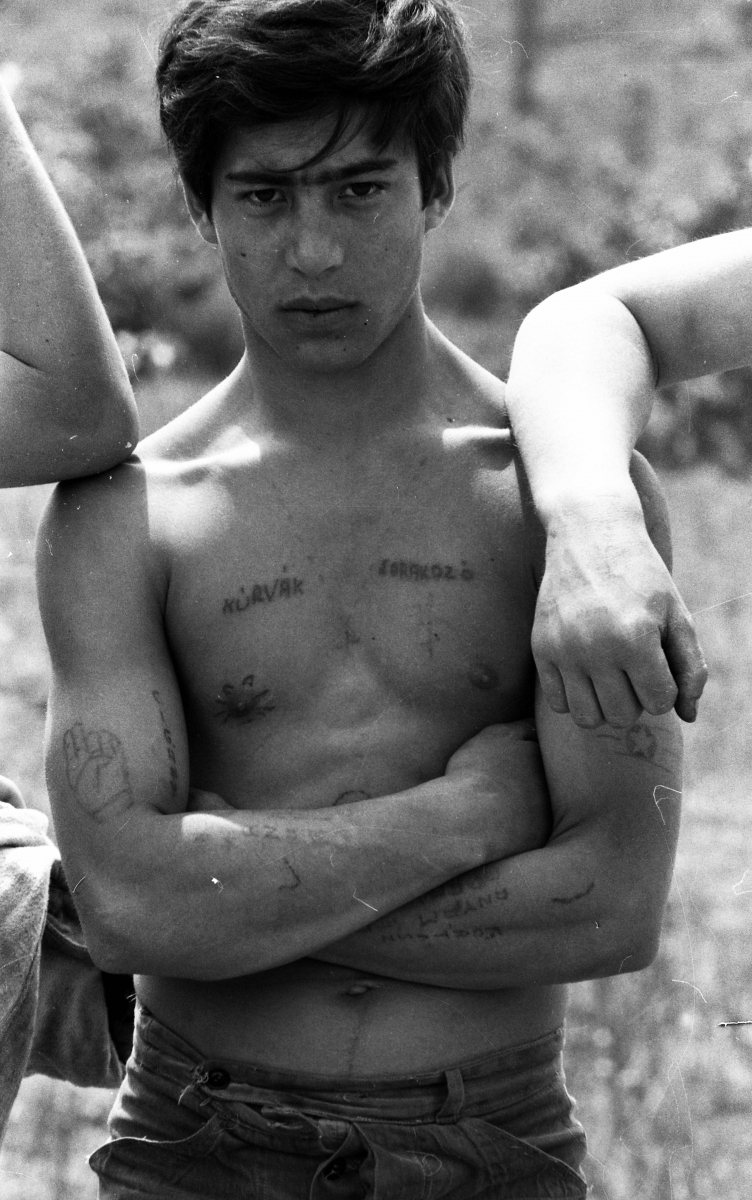The management and control of public communication is essential for any dictatorial regime. Usually, censorship concentrates on written texts, but in the age of mass media other media, such as theatre, film and television, also had to be monitored in order to control public opinion. In the twentieth century, pictures were used more and more often for propaganda reasons, making the proactive management of images for publication crucial for dictatorial states. These tendencies were visible especially in the field of photography, which, unlike film and television, was considered primarily as a source of information – serving to create collective image memory – and not a medium used merely for entertainment.
With an agent- and image-based perspective, the project focusses on photography and image control in the Kádár era, the period of late socialism in Hungary immediately before the collapse of the Soviet Union.
Questions to be asked are: Did the socialist regimes censor the photographs produced in the 1970s and 1980s? What kind of image management and restriction rules were established, and (how) did these guidelines change? Did the photographers cooperate with the rules regarding their pictures and were they able to find any ways to escape the control?
Das Dissertationsprojekt war Teil des abgeschlossenes Kooperationsprojekts „Visual History. Institutionen und Medien des Bildgedächtnisses“ (SAW)
Disputation am 5. Februar 2018, mehr erfahren im ZZF-News-Artikel vom 09.02.2018
Publication published in the series "Visual History. Bilder und Bildpraxen in der Geschichte" (hg. von Jürgen Danyel, Gerhard Paul und Annette Vowinckel) als Band 5:
Eszter Kiss: Verhandelte Bilder. Sozialistische Bildwelten und die Steuerung von Fotografien in Ungarn, Göttingen 2018.

